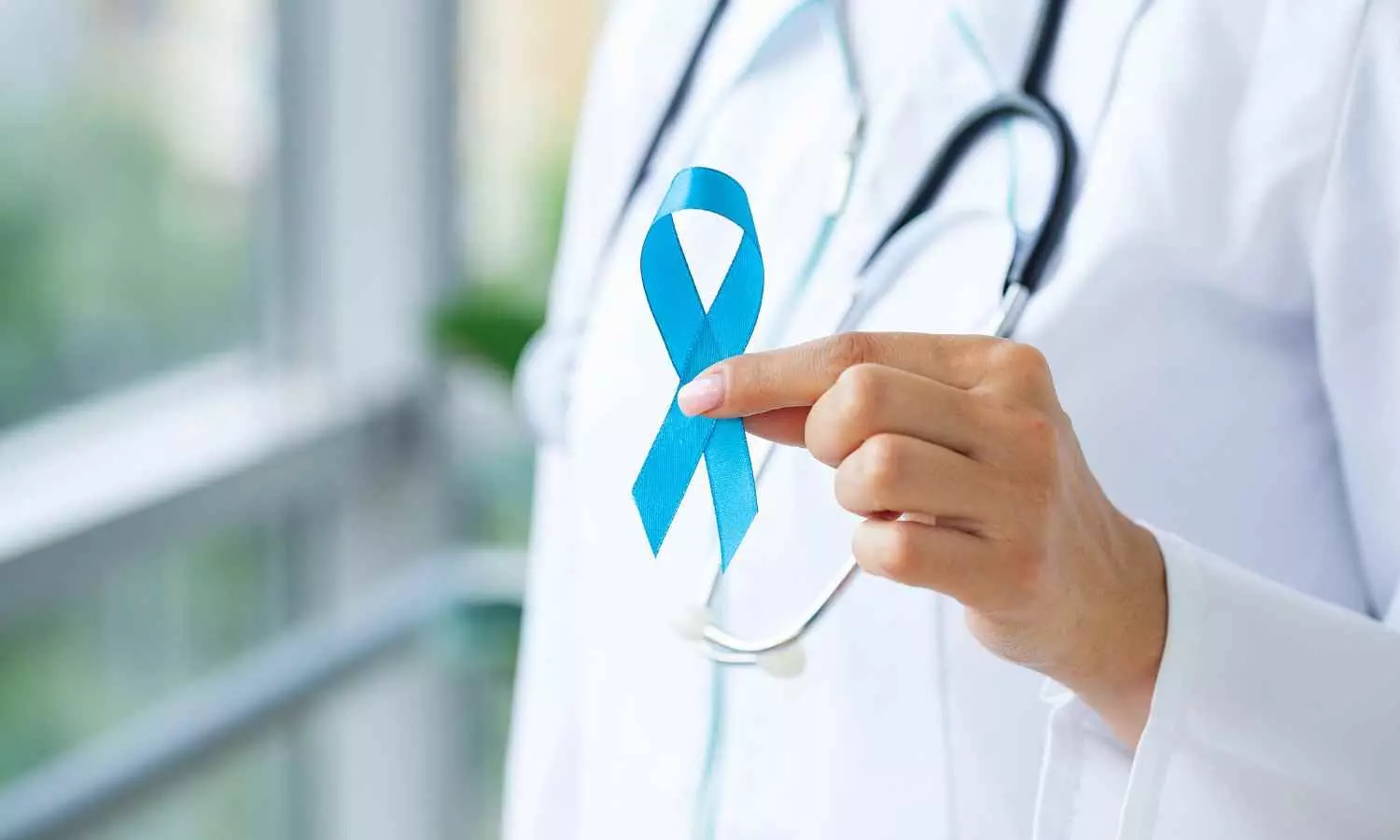Health
India Faces Health Crisis as Diabetes and Heart Disease Surge

India is on the verge of a significant health crisis, as non-communicable diseases (NCDs) such as diabetes, heart disease, and cancer have escalated to epidemic levels. A group of doctors who have been honored with the prestigious Padma awards made this alarming announcement during a recent session organized by Pacific OneHealth. They warned that immediate action is essential to prevent the country from being overwhelmed by this rising health threat.
At the forefront of this issue, Padma Shri Dr DS Rana, Chairman of the Board of Trustees at Sir Ganga Ram Hospital, emphasized the necessity for universal healthcare access and ethical regulation. He stated, “Our ultimate goal should be universal healthcare. While India has progressed, disparities persist. We need strong ethical practices and regulatory courage, particularly in drug pricing and hospital costs, to make healthcare equitable.”
The rising incidence of heart diseases is particularly concerning. Padma Shri Dr Praveen Chandra, who chairs Interventional and Structural Heart Cardiology at Medanta, highlighted that the heart is a critical pathway for multiple diseases. He noted, “Emergency angioplasty within the golden hour can save countless lives, and advanced cardiac interventions are now accessible even to patients in their 80s and 90s,” while also stressing the importance of preventive health measures.
Diabetes is another pressing issue. Dr Anoop Misra, an endocrinologist and diabetologist who has received the Padma Shri award, reported alarming statistics: “One in three Delhi residents is diabetic, with another 30 percent pre-diabetic. This is nothing to be proud of — prevention and early control are critical.” He pointed out that while medications like Ozempic may offer hope, lifestyle changes and public awareness remain the most effective tools available.
The conversation also included insights from Padma Shri Dr Mohsin Wali, a Senior Consultant in Internal Medicine at Sir Ganga Ram Hospital. He stressed the importance of trust-based care and referred to his hospital’s non-profit model, which aligns with the motto “Healthcare As It Should Be.” Dr Wali asserted, “By adopting such models, we can effectively address the growing burden of NCDs and make significant strides towards a healthier India.”
In a broader context, Dr Swadeep Srivastava, President and Co-Founder of Pacific OneHealth, articulated a vision for the future of healthcare. He stated that healthcare must evolve from a privilege to a promise, emphasizing that it should be rooted in ethics, powered by innovation, and centered on the patient. “At Pacific OneHealth, we believe the future lies in bridging preventive, primary, and tertiary care seamlessly, while ensuring no one is left behind,” he said.
Despite India’s advancements in medical technology and treatments, the unchecked rise of lifestyle diseases, coupled with inadequate preventive screening, could lead to a health emergency. The alarming statistics and expert testimonies underscore the urgency for comprehensive strategies to combat this growing epidemic. Without significant intervention, India may soon face dire consequences from its rising burden of non-communicable diseases.
-

 World5 months ago
World5 months agoSBI Announces QIP Floor Price at ₹811.05 Per Share
-

 Lifestyle5 months ago
Lifestyle5 months agoCept Unveils ₹3.1 Crore Urban Mobility Plan for Sustainable Growth
-

 Science4 months ago
Science4 months agoNew Blood Group Discovered in South Indian Woman at Rotary Centre
-

 World5 months ago
World5 months agoTorrential Rains Cause Flash Flooding in New York and New Jersey
-

 Top Stories5 months ago
Top Stories5 months agoKonkani Cultural Organisation to Host Pearl Jubilee in Abu Dhabi
-

 Sports4 months ago
Sports4 months agoBroad Advocates for Bowling Change Ahead of Final Test Against India
-

 Science5 months ago
Science5 months agoNothing Headphone 1 Review: A Bold Contender in Audio Design
-

 Top Stories5 months ago
Top Stories5 months agoAir India Crash Investigation Highlights Boeing Fuel Switch Concerns
-

 Business5 months ago
Business5 months agoIndian Stock Market Rebounds: Sensex and Nifty Rise After Four-Day Decline
-

 Sports4 months ago
Sports4 months agoCristian Totti Retires at 19: Pressure of Fame Takes Toll
-

 Politics5 months ago
Politics5 months agoAbandoned Doberman Finds New Home After Journey to Prague
-

 Top Stories5 months ago
Top Stories5 months agoPatna Bank Manager Abhishek Varun Found Dead in Well









